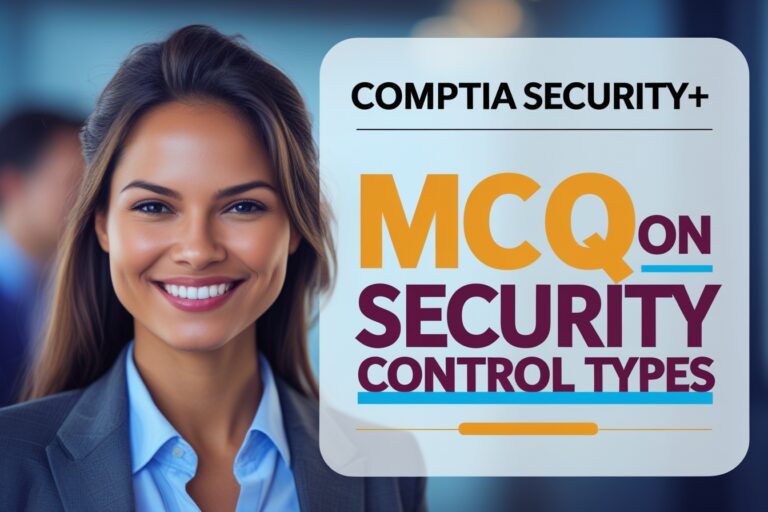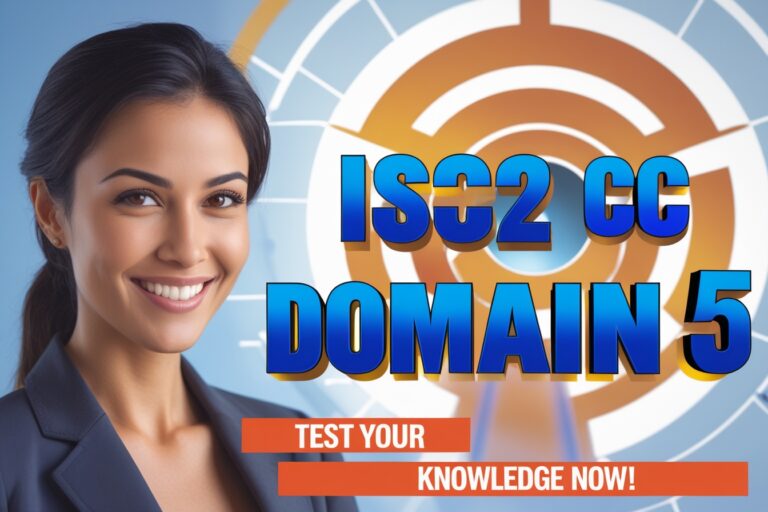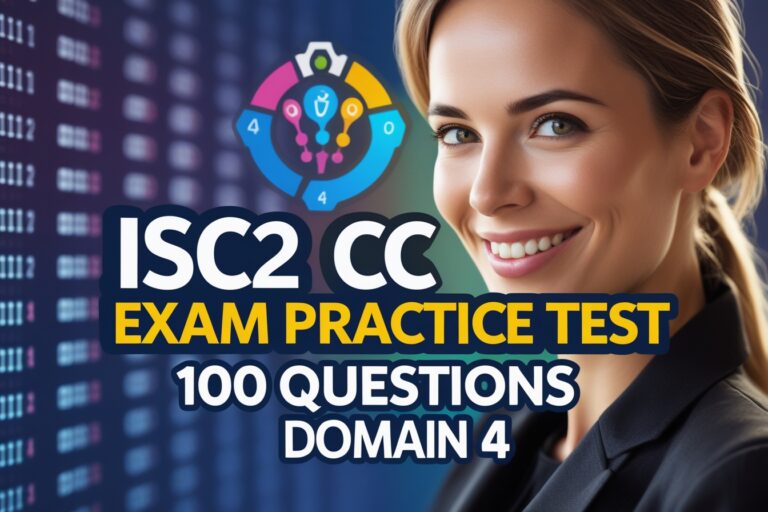1) Which of the following is not one of the benefits of B2B e-commerce except.
A. Reduced the amount of ‘first-mover’ advantages.
B. Decreased product cycle time
C. Increased opportunities for collaborating with suppliers and distributes.
D. Increased production flexibility
2) The development of ……….. has been more evolutionary than revolutionary
A. consumer-focused e-commerce
B. B2C e-commerce
C. the dot coms
D. intra-business e-commerce
3) The two main types of Internet-based B2B commerce are
A. Net Marketplaces and Private Industrial Networks
B. EDI and Collaborative Commerce
C. Net Marketplaces and collaborative commerce
D. EDI and Private Industrial Networks
4) ……. is the act of modifying a product or service to fit a given user’s requirements, is a possible e-commerce source of sustainable competitive advantage.
A. specialization
B. customization
C. targeting
D. tuning
5) Electronic Data Interchange is necessary for
A. B2C e-commerce
B. C2C e-commerce
C. B2B e-commerce
D. Commerce using internet
6) Achieving marketing objectives through the use of any electronic communication technology refers to
A. E-business
B. E-commerce
C. E-marketing
D. Internet Marketing
7) Consumer interaction is the essence of consumer-focused(B2C) e-commerce, is the front end to ……
A. the value chain (intra-business e-commerce)
B. the supply chain (B2B e-commerce)
C. none of the above
D. both a and b
8) Security in E-Commerce means
i) Protecting an organization’s data resource from unauthorized access
ii) Preventing disasters from happening
iii) Authenticating messages received by an organization
iv) Protecting messages sent on the internet from being read and understood by unauthorized persons/organizations.
A. i and ii
B. ii and iii
C. iii and iv
D. i, iii and iv
9) What does EDI stand for?
A. Electronic Data Interface
B. E-Commerce Data Interface
C. Electronic Data Interaction
D. Electronic Data Interchange
10) When Wal-Mart uses the Internet to purchase inventory items from a vendor company, it is using the ……. e-commerce model.
A. C2C
B. B2B
C. B2E
D. B2C
11) The acronym DES stands for
A. Digital Evaluation System
B. Digital Encryption Standard
C. Digital Encryption System
D. Double Encryption Standard
12) In the E-Commerce security environment, which of the following constitutes the inner-most layer?
A. People
B. Data
C. Technology solutions
D. Organizational policies and procedures
13) An example of B2C is…
A. a law firm buying computer software for employees
B. Wal-Mart buying pet food directly from the manufacturer
C. a student buying a T-shirt form the Amazon website
D. a university buying desks from a manufacturer
14) The European Union’s ……….. establishes a high level of legal protection for the privacy of individuals and personal data.
A. Health Insurance Portability and Accountability Act
B. National Infrastructure Protection Center
C. Data Protection Directive
D. Code of Ethics
15) Which of the following describes E-Commerce?
A. Buying products from each other
B. Buying services from each other
C. Selling services from each other
D. All of the above
16) When ordering a new computer from Dell’s website, the individual in initiating a(n) ……… transaction on the internet.
A. B2C
B. C2C
C. B2B
D. B2E
17) The combination of technical and legal means for protecting digital content from unlimited reproduction without permission is known as
A. Digital rights management
B. Digital protection schemes
C. Digital distribution regulation
D. Digital rights protection
18) A code of ethics should address all of the following EXCEPT for
A. policy and privacy
B. permission to record personal information
C. intended use of recorded personal information
D. scalability
19) A technique used to gain personal information for the purpose of identity theft, often by e-mail is called?
A. Phishing
B. Carding
C. Brand spoofing
D. All of the above
20) …… are used by consumers to locate the best price for the desired product.
A. Shopping bots
B. Search engines
C. Middle-ware routines
D. Worms
Answers:
1) A. Reduced amount of ‘first-mover’ advantages
2) D. intra-business e-commerce
3) D. EDI and Private Industrial Networks
4) B. customization
5) C. B2B e-commerce
6) C. E-marketing
7) D. both a and b
8) D. i, iii and iv
9) D. Electronic Data Interchange
10) B. B2B
11) B. Digital Encryption Standard
12) B. Data
13) C. a student buying a T-shirt form the Amazon website
14) C. Data Protection Directive
15) D. All of the above
16) A. B2C
17) A. Digital rights management
18) D. scalability
19) D. All of the above
20) A. Shopping bots






